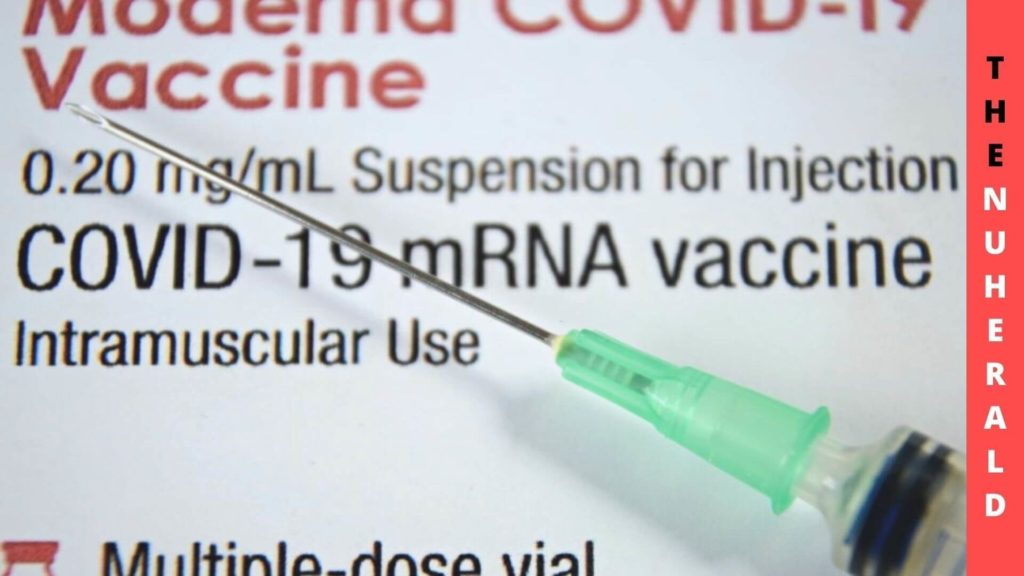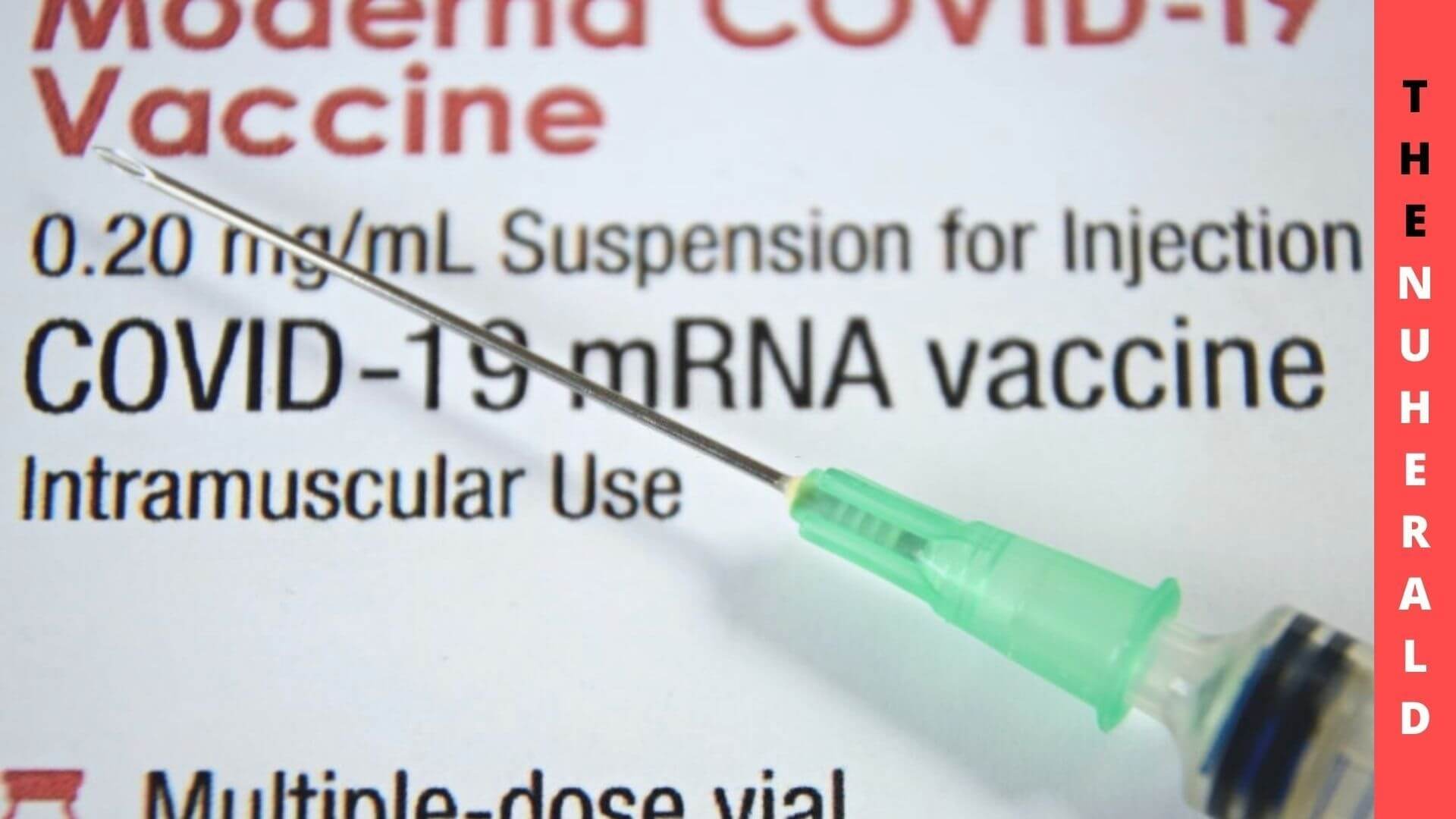The mRNA, known as messenger RNA, had a long path of mystery until the arrival of the global pandemic. The integral role of mRNA in various functions of our body studied for years by researchers has made it throw limelight to prosper the production of vaccines against the SARS-Cov-2 virus.
Study On mRNA Function – Solution To Cancer & Other Disease Mysteries
The mRNA vaccine, a copy of messenger RNA that can trigger an immune response, was used as a blueprint of foreign protein to stimulate adaptive immunity.

Scientists work in all aspects to study mRNA in detail worldwide. One such effort made by the researchers of Yale’s Wendy Gilbert lab resulted in two new papers published on January 17.
These papers unveiled the answer to two crucial questions, how mRNAs are born and initiate protein production within the cell’s maturation. This study not just throws light on the effective production of vaccines but also helps to discover the fundamental cause of cancer and other related diseases, as mRNA plays a significant role in cell proliferation rate determination in cancer cells.
Gilbert, an associate professor of molecular biophysics and biochemistry, said, “The study covering the beginning and the end of the process was so exciting to work on with.”
The primary function of mRNA is that it acts as a medium between DNA’s genetic information and protein amino acid sequence. Protein synthesis is facilitated by mRNA. Such critical roles of mRNA have made it an important research target for the past 10 years, leading to the successful production of an mRNA-based vaccine to combat COVID-19.
The 2 shot vaccines developed by Pharma giants- Pfizer-BioNTech and Moderna are mRNA-based vaccines. The instructions for the cells to generate proteins that acknowledge spike proteins on the surface of SARS-CoV2 are mRNA-based. This can aid in triggering an immune response for spike proteins as targets.
mRNA is a single-stranded RNA. Complex biochemical interactions can change the structure and function of RNA as they are made only with four bases or nucleotides. Pseudouridine, an isomer, is a compound that can alter the mRNA.
The presence of pseudouridine can increase the efficiency of mRNA-based vaccines. Pseudouridine was casually detected in the regular cellular mRNA by Gilbert’s Lab.
The first novel study was conducted by a postdoctoral fellow in Gilbert’s lab, Nicole Martinez. This team found that pseudouridine takes part in the central role of mRNA origination, and it was also detected in the primary stages of mRNA genesis. The research team found that pseudouridine takes part in gene activity regulation by controlling the splicing of genetic material that produces mRNA. This was published in the journal Molecular Cell on Jan. 19.
This study can now be employed in researching various other vital functions of the cell. The levels of pseudouridine can determine various diseases, their causes, control, and related activities. Crohn’s disease, Digestive disorder, premature ageing disease, X-linked recessive dyskeratosis congenital, viral infections, Hoyeraal-Hreidarsson syndrome, intellectual disabilities, and even cancer can be studied with the help of pseudouridine. Uncontrolled by pseudouridine levels, improper splicing of mRNA can activate tumour formation and metastasis.
The second study was published on Jan. 17 in the journal Cell Systems. In this paper, the research was about how the ribosomes get to know the number of proteins produced from the genetic instructions received from mRNA.
An associate research scientist performed this study in Gilbert’s lab, Rachel Niederer, and her team. The team developed a new technology, Direct Analysis of Ribosome Targeting (DART), to identify the regulatory elements involved in silencing the production of proteins by ribosomes.
According to the reports, the production of proteins has been modified a thousandfold by controlling the regulatory elements of mRNA. Outstanding achievements can be made with the knowledge of controlled protein production.
It can be used to adjust vaccine doses to fight against COVID 19, therapeutic protein production in a wide range of diseases like cancer, diabetes, anaemia, haemophilia and infectious disease, Recombinant protein production, and more.
Carson Thoreen, associate professor of cellular and molecular physiology at Yale and the Gilbert lab, was granted a lump sum of $1.7 million from Pfizer for their research.
Gilbert is much more interested in applying this technology for protein-based therapies for many diseases like cancer, HIV, diabetes, myocardial infarction, and other heart diseases.
